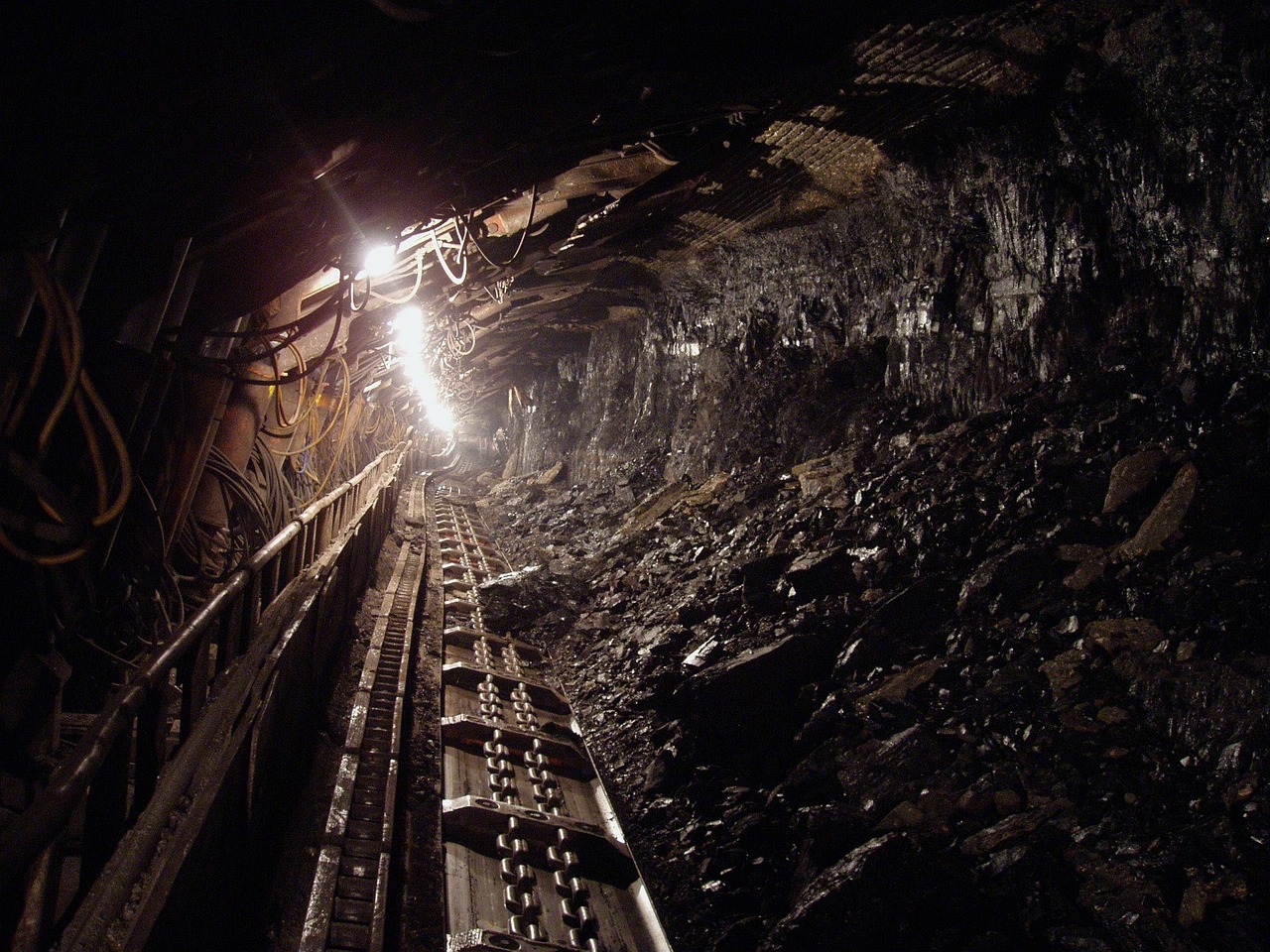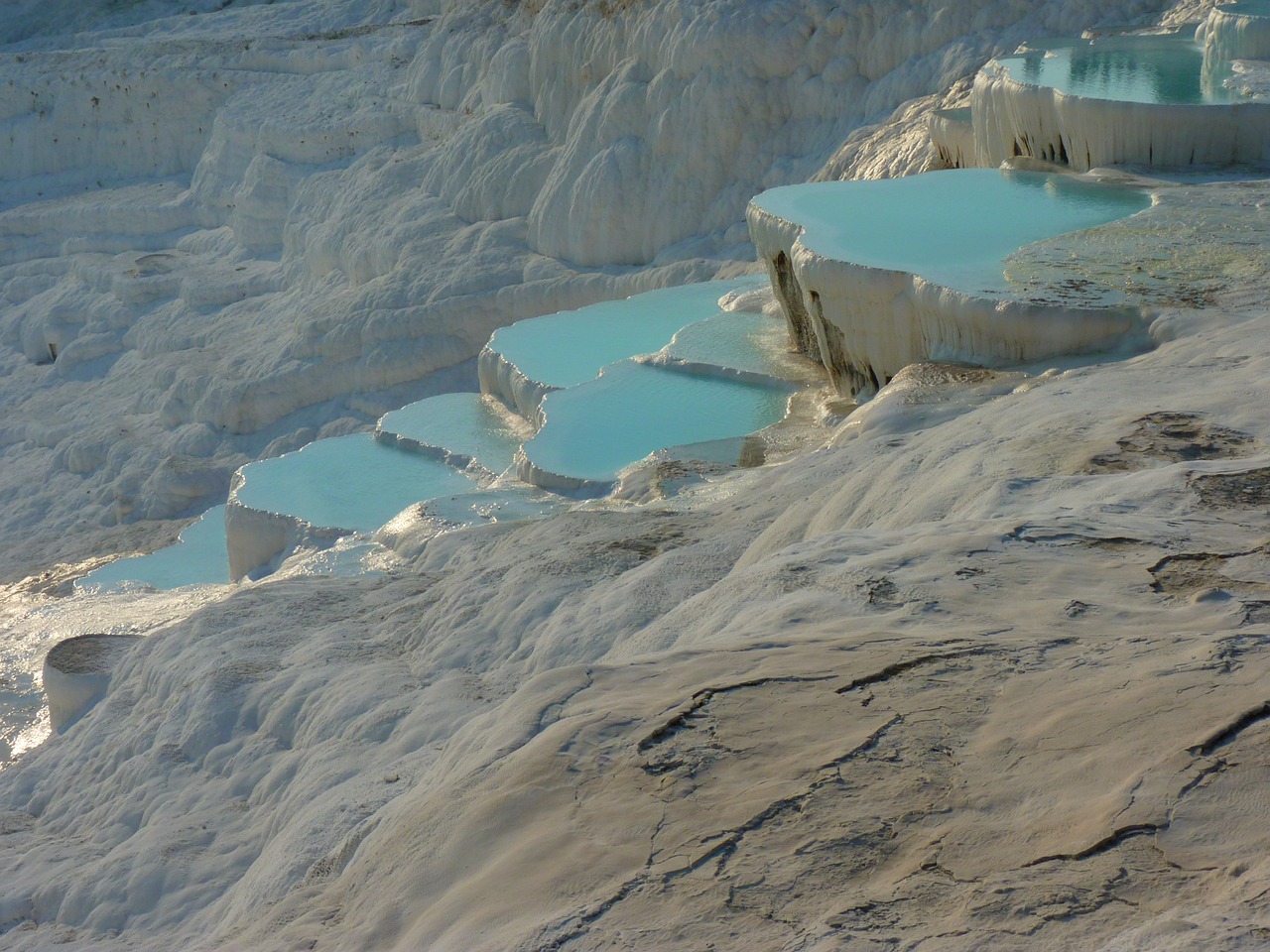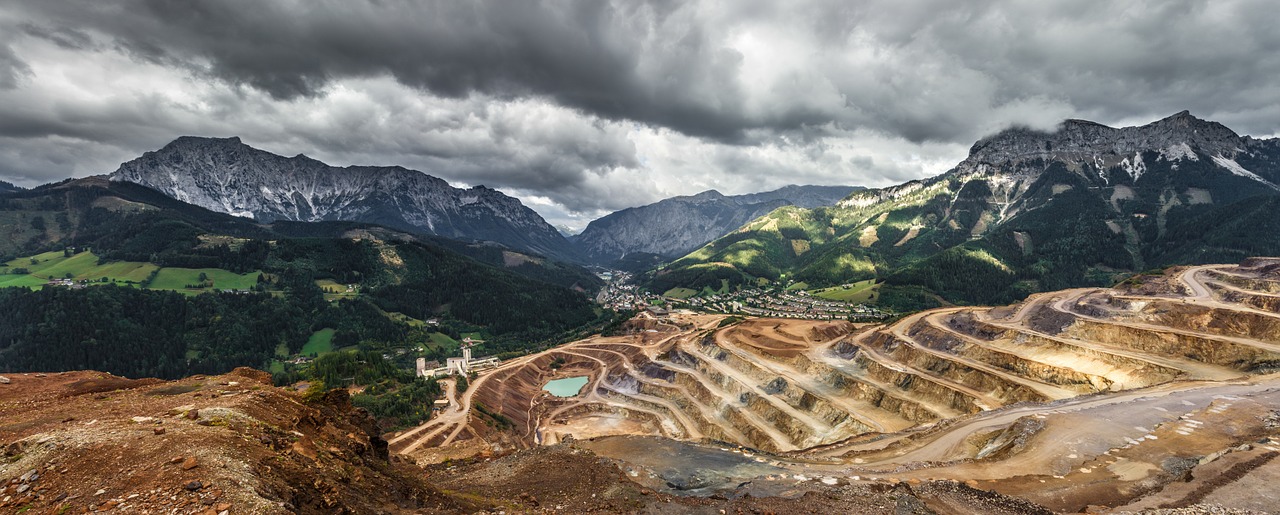If you want to buy or sell your mineral rights, then there are some basics you need to learn about. Knowing the basics will help you avoid potential pitfalls that are normally associated with buying and selling mineral rights in Texas. Here is a quick overview of the essential things you should consider.
1. Know What Minerals You Have
You must know your minerals. Otherwise, you might sign up for something you will live to regret later. Texas mineral rights grant the rights to explore minerals such as copper, iron, metal ore, stove, clay, sand, natural gas, oil, and clay. Texas is mainly known for producing oil and gas. It boasts some of the largest oil fields in the United States, with the biggest ones including Permian Basin and Eagle Ford Shale. If you are thinking about buying or selling your mineral rights, get to know what is acceptable and what is not.

2. Know What You Own
You need to determine whether you own all the mineral rights. Check what your deed says just to be on the safer side. A majority of rights include the land where the minerals are located. In this case, you will indicate that you own all the mineral rights. However, if the legal clause in the deed indicates “less and except,” then it means that you do not own the mineral rights in your deed. In this case, you might want to hire a title deed company, like Eagle Land Services, to examine to determine if you own the rights to the minerals before you sell.
3. Educate Yourself
You don’t own minerals until they are extracted. So when you sell your rights, you are simply permitting the mining company to bring the mineral to the surface, after which you can claim rights. The terms of the contract might indicate a lease or permanent ownership. You could be paid in installments, or you could get a lump sum from the sale of the ownership right. You need to learn about the various options available out there. And when doing so, you need to take into consideration certain aspects of mineral rights, such as the right to convey rights, rights to renew and extend rights, right to royalties and right to bonus considerations.
4. Understand the Surface Rights
Once you complete the sale of the mineral rights, you retain the surface rights. This means you still own the surface but not the right to minerals beneath it. In a surface right, you get more priority consideration. Though state laws provide protection, it is only done on a basic level. You may want to add more protection before you sign the contract.
5. Know What Your Mineral Rights is Worth
Determine how much money you will be paid for the rights. The standard market value determines how much the mining company will have to pay you to get the right. Check the nearby minefields and determine what their mineral rights sold for and how much they sold for. Also, before determining whether you want to sell mineral rights, consider the factors that will influence the value. These include current prices of commodities, the size of the property, size of the mineral deposit and performance of the nearby mines.

